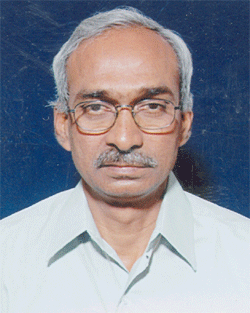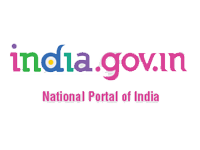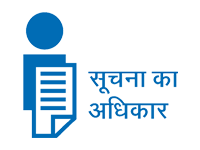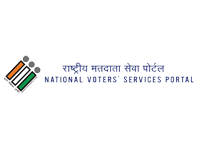
Prof. Tirupati Rao
Prof. Tirupati Rao, a Retired Professor of Political Science and former Vice-Chancellor, Osmania University. His areas of research interest include Public Policy w.r.t. Governance, Higher Education and Rural Development. Presently He is Chancellor of Manipur University and ICFAI University, Tripura. He is also the member of Audit Board (CAG), Hyderabad. His academic and administrative expertise is solicited by various educational organizations to promote academic excellence. His passion for higher education reforms and policies keeps him participating in the related events in different capacities, which include Member, Empowered Committee for Evaluation of Performance of Institution of Eminence status for Private Universities; Chairperson of NAAC Peer Committee, visiting several colleges and universities; Member of the review committee constituted by Ministry of HRD, Govt. of India to review the functioning of National Council of Rural Institutions; Member, high level UGC committees, contributing to reforms; Member of Search Committees for the appointment of VC to different central and state universities; Chairman of Fee Regulation Committee Constituted by Government of Telangana, for recommending necessary measures for regulating fee in private schools; Member of the committee constituted by Govt. of Telangana to examine the applications for establishing private Universities in the state of Telangana etc., to name a few.





